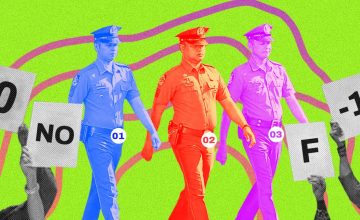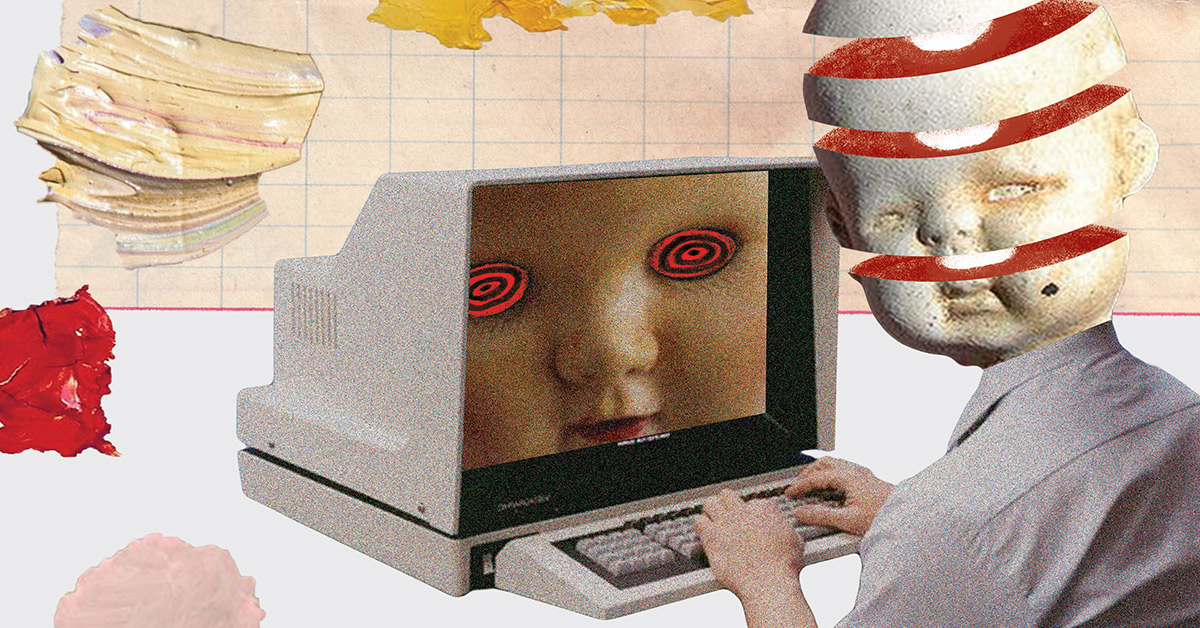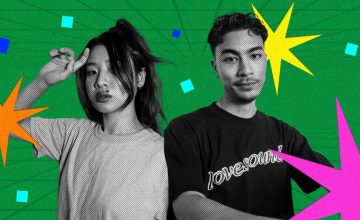Ah, rejections. Aren’t they just the bitter spice of life that adds a liberal dash of misery to our already chaotic existence? Your “happy” crush saying no to a hangout, your dream employer sending your application to the abyss, the taho vendor running out of sago exactly when it’s your turn to buy… the list just goes on.
It’s as if the universe is playing an endless game of “Let’s See How Many Times I Can Crush Their Morale,” and you—unfortunately—are the chosen tribute.
But hey, life sometimes has a funny (not really) way of throwing curveballs at you—those that would lead to events beyond your bingo card. And you know what? In the grand scheme of things, rejections can actually become the perfect breeding ground for success. Or at least that’s how everything turned out for the masterminds behind Studio Heartbreak.
“[My co-director and I] applied to a whole slew of places, every big studio you could think of, and got [rejected] from [all of them],” Studio Heartbreak co-founder A.S. Siopao tells us in an exclusive interview. “The studio started actually because we had nothing lined up for that whole summer. Starting a studio is every young artist’s pipe dream, and we accepted it as such. However, we wanted to give it a shot. We sent a few of our animator friends a message, and the rest is history.”
The independent animation studio currently works with a diverse team that spans across the globe: the Philippines, Indonesia, Brazil, and the United Kingdom, among other countries. Sounds like a logistical nightmare, right? But for Studio Heartbreak, it’s a quirk they’ve learned to embrace, even if it means scheduling meetings at absurd hours.
In this episode of Seen on Scout, we dig deep into the mind behind Studio Heartbreak to uncover the creativity—and chaos—that brought forward its upcoming dark fantasy WLW short film.
Let’s talk about your debut project “The Lovers.” How far are you in its production? What inspired this concept? Any interesting TMIs?
One of our inspirations for the film was actually a YouTuber. His name is Masaru, and he’s a spear fisherman who catches his own fish and cooks them. In the voiceover, he has lots of interesting things to say about the ethics of fishing, fish anatomy, the fishing economy on his island, and all sorts of things. His commentary on the ethics of killing really influenced my writing of the film. There is something very visceral about seeing a fish swimming in coral being taken and turned into food. You don’t get that at a supermarket.
The decision to set it in Manila was out of familiarity with the city. I [have] always wanted to see Binondo as a setting for an animated project. Its close proximity to Manila Bay and [its] layers of architectural history made it appropriate for an alternative sirena myth.
Walk us through your creative process. What are the key inspirations, influences, or techniques that contribute to the film’s visual identity?
“The Lovers” has a dark and foreboding aesthetic, with great influence from monster movies and surrealism with a dash of retro anime elements. We were also inspired by Binondo architecture for the film’s environments.
How do the fantastical elements contribute to the emotional journey of your characters? What challenges have you faced in coming up with this unorthodox juxtaposition?
I can’t tell you that yet. However, I do encourage people to read further into sirena myths before the film’s release. Our character Sirena is not based on any particular myth, but an amalgamation of different ones. But look into it. It’s very interesting.
Addressing LGBTQ+ themes in the media always requires sensitivity and understanding. How do you ensure that the WLW narrative in the film is authentic and respectful?
It is hard to find a foolproof way to write queer stories. Taking a personal route is best.
What are your thoughts on mainstream animations and their relation to conservatism and experimental art? How does Studio Heartbreak approach this dynamic?
I think that animation as a medium leans a bit conservative just because of how expensive and time-consuming it is to produce, while animation fans will always crave more experimental and weird art that falls out of that range.
We’re a pretty unconventional studio—so we make pretty unconventional work.
How do you choose your collaborators?
Gut instinct. We look for people who are excited by collaboration, and have uniquely honed skill sets.
Even if it seems like you’re on the wrong path, it is always possible to work within the path you’re on.
Artist compensation is often a topic of discussion as well. Does Studio Heartbreak have strategies (or initiatives) in place to support the creative team?
In our team, there isn’t really a divide between production staff and art staff, so communication is free-flowing and open on everything—from budget to [visual development]. We’ve put the vast majority of our budget into our artists, and there’s a mutual consensus that we’re all just trying to do what is best for the collective.
What are your long-term goals and aspirations?
To maintain creative freedom so we can keep telling our stories. Hopefully, we can inspire others to express themselves through art as well.
Any advice for aspiring animators or individuals interested in starting their own studios? What key lessons have you learned throughout your journey that you would like to pass on to others?
Even if it seems like you’re on the wrong path, it is always possible to work within the path you’re on. More people took unconventional paths into the industry than you might realize, and many people out there are willing to support new projects. Get out there and make something.
Read more:
A seafood chef falls for a siren in this dark fantasy WLW animated short
The world of Fickle Friends, an eerie and playful clay trinket store
This Filipina screenwriter went from writing plotless comics to writing history in Disney
Banner by Kealan Paul C. Cortez
Photos from Studio Heartbreak’s Instagram and “The Lovers” trailer
























Comments